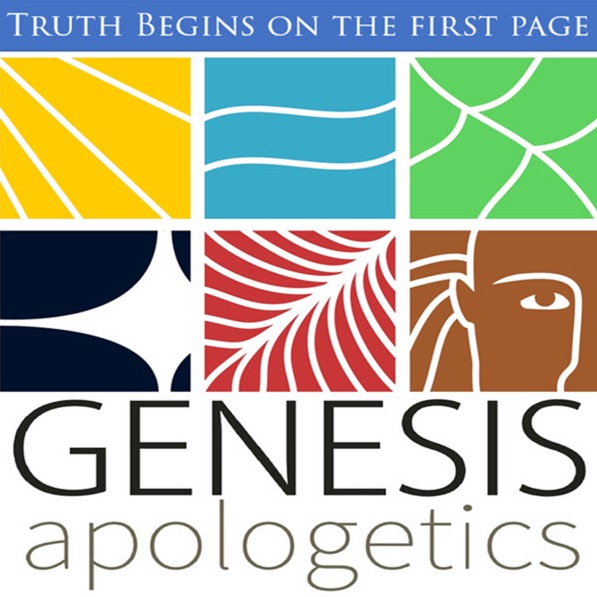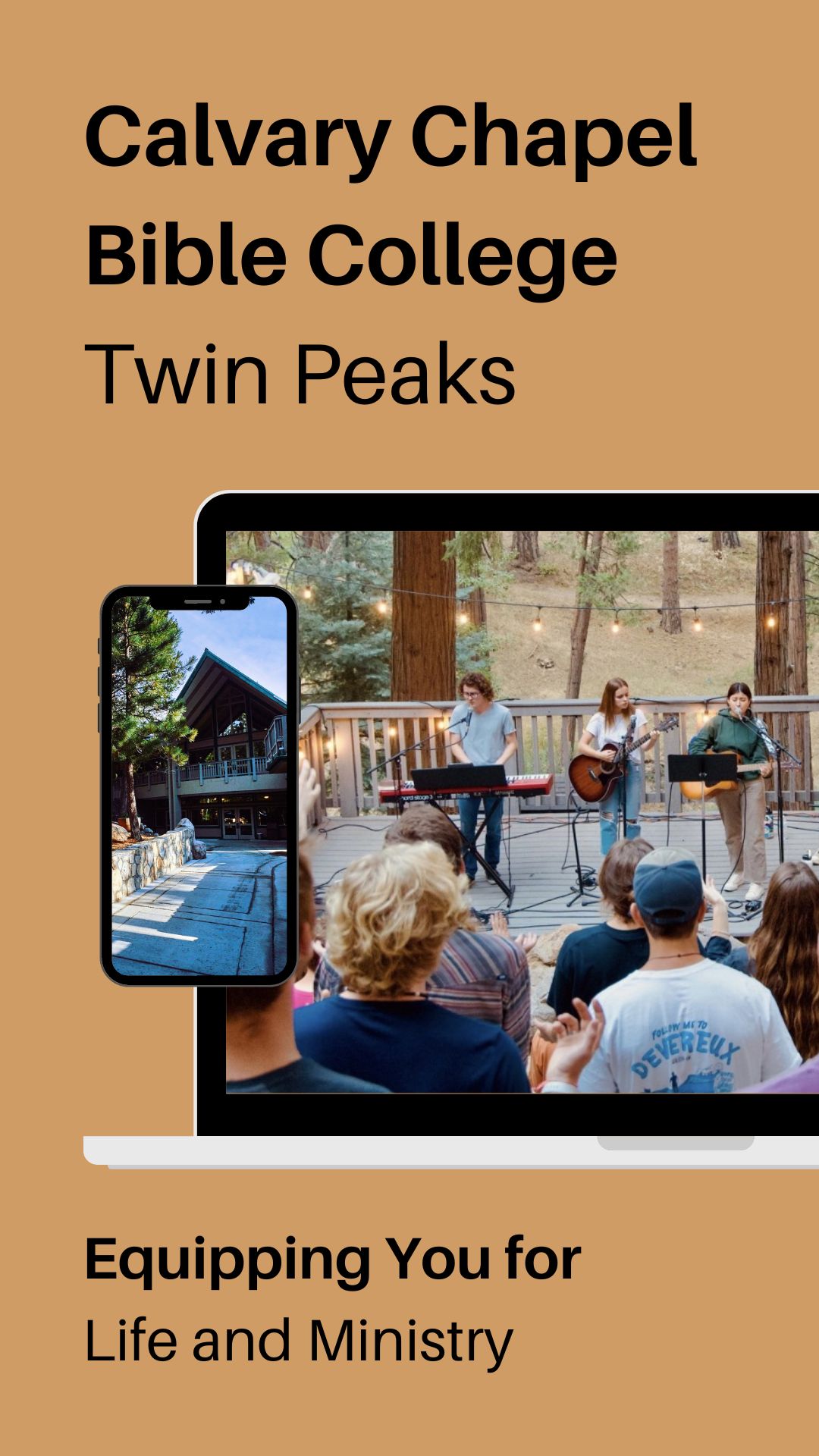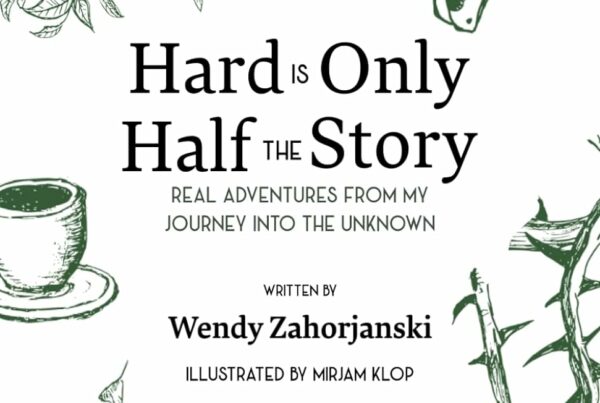
The Country Chapel: Lessons in Rural Ministry podcast has been launched!
It is a show dedicated to bringing lessons in rural ministry to the broader CGN network. Within this show, I will be interviewing pastors, church planters, ministry leaders, and various rural network directors. Each of them have answered the call to minister in small and often overlooked places. The aim is to gain wisdom, guidance, and vision and to help encourage and equip those already engaged in rural ministry—and to hopefully make the need for rural ministry more apparent.
The Needs of Rural America
On September 27, 2022, CGN published my article “Rural America Matters Too.” My purpose was to highlight the overlooked needs of rural Americans by the broader church. Certainly there are many churches scattered across rural America. However, much of the attention given by seminaries, Bible colleges, and conferences are to the more urban and suburban contexts, while communities of 10,000 or less that are not near any sort of urban core are often overlooked.
There is a divide within our country, and it is present in our churches as well. As much as we want to say we are all united in the Gospel, culturally we may as well be living on different continents. How you view agriculture, governmental regulations, nutritional science, hunting, fishing, and environmental stewardship shows a lot about who you are. While we all like to claim objectivity in our views, the fact is our immediate culture has a lot to do with how we view the world near and far.
As an example, if you were to ask an urbanite to describe a farm, their answer would likely be drastically different than what someone who lives in farm country would say. In Glenn Daman’s book The Forgotten Church: Why Rural Ministry Matters for Every Church in America, he describes such an interaction, one he had with a local barista in the small town he serves:
“She moved from an urban area into our small community so that she could have a garden and a couple goats. Her goal was to have a self-sustaining farm on a few acres in her pursuit to get back to nature. She further complained that all the farms were now becoming corporate farms operated by large companies that were destroying our food supply by genetically modified organisms in their pursuit of profits. But the reality is that 96.4% of all farms are still family owned.”[1]
Why do I bring up this example? Because it matters. It might not seem like it should, but it does. This demonstrates one of the many differences that shoves a wedge between urban and rural cultures. If you were to show up as a minister in a farming community, such a mindset would quickly alienate you from the very people you are trying to reach. Your definition of a farm would appear quaint and more along the lines of something from a storybook than reality.
Now, there is nothing wrong with having a garden, a few goats and perhaps some chickens mixed in there. Heck, add a couple of emus and you would be describing the home of my youth, but I would never have called it a farm. My wife grew up on a multi-generational family farm of a few hundred acres where they raised cattle, corn, wheat, and soybeans. That is a farm. Did I mention the crops were GMO? (gasp).
The Hard Realities of Ministering in Rural America
Now, there is room for people to disagree over proper land stewardship, GMO or organic, and free-range vs warehouse raised chickens. Yet for the minister of the Gospel, they need to be aware of the culture they are walking into. What things desperately need to be challenged and what needs to be recognized as just being a part of the people. Those who care about seeing lost souls saved, who plant themselves in rural America, will need to come to grips with the culture of the people they hope to reach.
Rural America is becoming a ghetto in many places. As Osha Gray Davidson puts it:
“The word ‘ghetto’ speaks of the rising poverty rates, the chronic unemployment, and the recent spread of low-wage, dead-end jobs. It speaks of the relentless deterioration of health-care systems, schools, roads, buildings, and of the emergence of homelessness, hunger, and poverty. It speaks, too, of the inevitable outmigration of the best and the brightest youths. Above all, the word ‘ghetto’ speaks of the bitter stew of resentment, anger, and despair that simmers silently in the those left behind. The hard and ugly truth is not only that we have failed to solve the problems of our urban ghettos, but that we have replicated them in miniature a thousand times across the American countryside.”[2]
Worse even than the social, mental, and economic plight of rural America is the spiritual plight. Like many places, active Christian faith and church attendance is on the decline, while people who claim to be Christians because of cultural conservatism is on the rise. Meaning there are a lot of lost people thinking they are saved who do not even realize they are lost. They may claim a religious affiliation but their heart has yet to be regenerated by the gospel message of Jesus Christ. They need to be unconverted in order to actually then be converted.
Addressing the Needs of Both
The Country Chapel: Lessons in Rural Ministry podcast hopes to address these issues and more. Ministry in the forgotten places can seem lonely, painstakingly slow, and frustrating, but it is a work worth doing. There are people in need of Christ for the salvation of their souls and hope for this life. It is the goal of this podcast to remind us of the goodness of Christ toward those in rural places and encourage those who have entered this work to stay the course—and hopefully inspire some to this unique mission field. This is a work that desperately needs doing. “Let us not lose heart in doing good, for in due time we will reap if we do not grow weary” (Gal. 6:9).
Subscribe to the Country Chapel Podcast at CGN Media!
References:
[1] Glenn Daman, The Forgotten Church: Why Rural Ministry Matters for Every Church in America (Chicago: Moody Publishers, 2018).
[2] Osha Gray Davidson, Broken Heartland: The Rise of America’s Rural Ghetto (Iowa City: University of Iowa Press, 1996).













